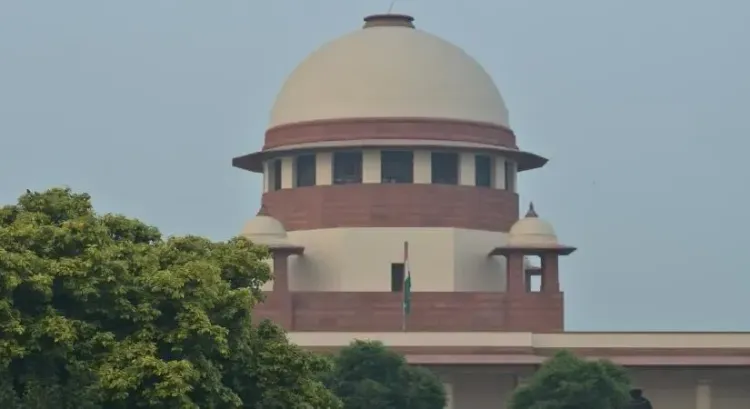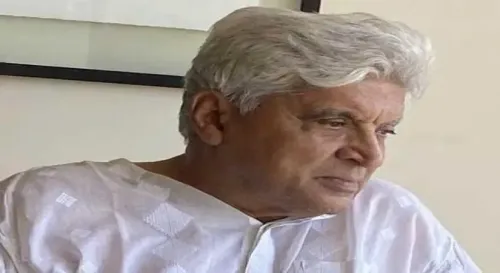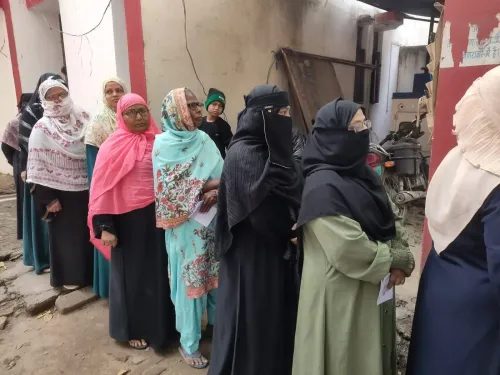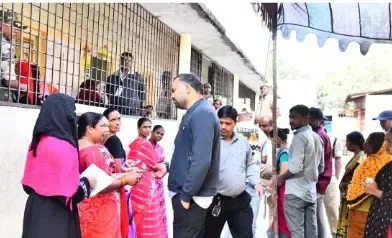Did the SC Justify the Eviction Order Against a Son?

Synopsis
Key Takeaways
- The Supreme Court prioritizes the rights of senior citizens.
- The Maintenance and Welfare of Parents and Senior Citizens Act, 2007 is crucial for protecting vulnerable parents.
- The ruling clarifies the interpretation of the law in favor of elderly individuals.
- Financial stability does not exempt children from their obligations to their parents.
- The judiciary plays a vital role in ensuring the welfare of parents.
New Delhi, Sep 25 (NationPress) The Supreme Court has overturned a ruling by the Bombay High Court, reinstating an eviction order against a son who had unlawfully taken possession of properties belonging to his 80-year-old father and mother. The Court emphasized that the Maintenance and Welfare of Parents and Senior Citizens Act, 2007 should be interpreted liberally to further its benevolent goals.
A bench comprising Justices Vikram Nath and Sandeep Mehta approved the special leave petition (SLP) submitted by 80-year-old Kamlakant Mishra, contesting the Bombay High Court’s prior decision.
In its order issued on April 25, 2025, the Bombay High Court had annulled the directives from the Maintenance Tribunal and the Appellate Authority, which mandated that his eldest son vacate two properties in Mumbai and provide a monthly maintenance payment of Rs 3,000.
The Supreme Court deemed this ruling as “erroneous”, noting that the Bombay High Court had incorrectly assumed that the eldest son was also a senior citizen, suggesting that the Maintenance Tribunal could not address the parents' complaint against another senior citizen.
“The records indicate that the appellant filed an application with the Tribunal on 12.07.2023, and at that time, the respondent (eldest son) was 59 years old. The relevant date for consideration is the date of the application’s filing,” the bench led by Justice Vikram Nath stated.
Additionally, it underscored the welfare-focused nature of the Maintenance and Welfare of Parents and Senior Citizens Act, 2007, asserting: “As a welfare legislation, its provisions must be interpreted broadly to promote its beneficial purpose. The Tribunal holds the authority to order the eviction of a child or relative from a senior citizen's property when there is a breach of the obligation to provide maintenance.”
In this particular case, the apex court noted that the son, despite being financially stable, denied his parents the right to live in their own properties.
It remarked that such behavior “undermines the very purpose of the Act.”
Upholding the father’s plea, the Supreme Court annulled the Bombay High Court’s ruling and dismissed the son’s writ petition. However, at the request of the son’s counsel, it provided a short timeframe for compliance.
“We allow the respondent two weeks to submit an undertaking that he will vacate the premises by 30th November 2025. If the undertaking is not submitted within the stipulated time, the appellant (father) may have the order executed immediately, and the interim protection will be automatically revoked.”









